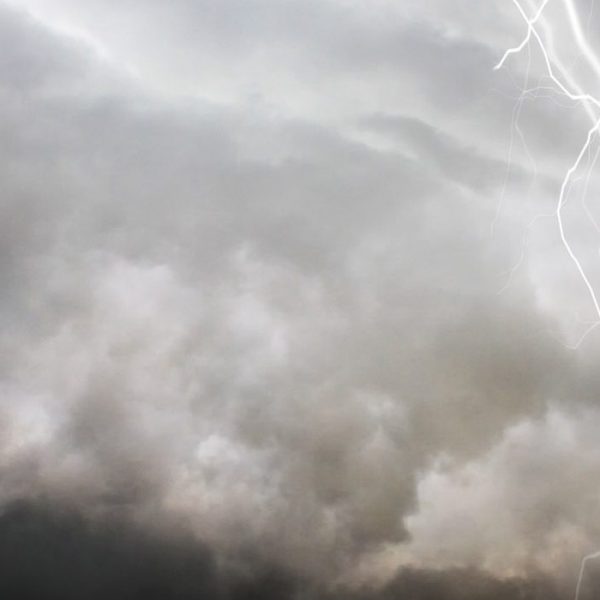Our experiences in childhood shape the lens through which we view the world. If our experience in childhood was generally positive, safe, and consistent, then underlying beliefs about ourself, important others and the world in general will be shaped by resilience and optimism and our ability to navigate life’s adversities is likely to be more robust.
Conversely, if we experienced trauma in childhood, then those overwhelming experiences are inclined to remain partially or un-processed and maladaptive beliefs about ourselves and the world around us may have formed as a result. If these experiences have not been adequately addressed, they will remain active in adulthood, impacting negatively on our mental health and our choices in the external world.
Some ways childhood trauma may impact us as adults:
Low self esteem.
Much of our sense of self is derived from the blueprint that develops out of the repeated experience with our caregivers. If our attachment experience was neglectful or abusive, our sense of self worth is likely to be negatively impacted.
Trust Issues.
Those who endured trauma perpetrated by persons within formative attachment relationships learned early that people are not to be trusted.
A Belief of Unlovability.
Beliefs that the child did something to deserve the trauma they were subjected to is common.
Fear of abandonment.
Based on actual early experiences of neglect or abandonment, this overwhelming experience may be wired up in the brain as a threat to look out for.
Trauma symptoms.
Untreated symptoms arising from early trauma may continue to be triggered.
Attachment Issues.
Avoidant, anxious or chaotic attachment styles shaped by early attachment experiences become templates for all future relationships. See Attachment styles in Family of Origin Difficulties
Emotional Regulation difficulties.
Children learn their emotional regulation skills through their experience of how their caregivers soothed them. These skills may be poorly developed in childhood trauma survivors.
Poor relationship choices.
Unprocessed beliefs of unworthiness may shape future romantic choices. If the initial attachment was with toxic caregivers, this love template may also influence the choices of future partners. (Please see Family of Origin Difficulties on website for more information on how early family of origin difficulties impact on adult mental health)
Increased vulnerability to psychiatric disorders.
Early exposure to stress and trauma is known to have physical effects on neurodevelopment which may lead to changes in the individual’s long-term response to stress as well as vulnerability to psychiatric disorders including depression. ( Source: https://pubmed.ncbi.nlm.nih.gov/15985923/ )
Increased vulnerability to physical health issues.
Research has identified complex trauma in childhood as dramatically increasing risk for some of the leading causes of death in the western world. These include autoimmune diseases, high blood pressure, heart disease and cancer. ( Source: https://www.hsph.harvard.edu/news/hsph-in-the-news/childhood-traumas-devastating-impact-on-health/ )






